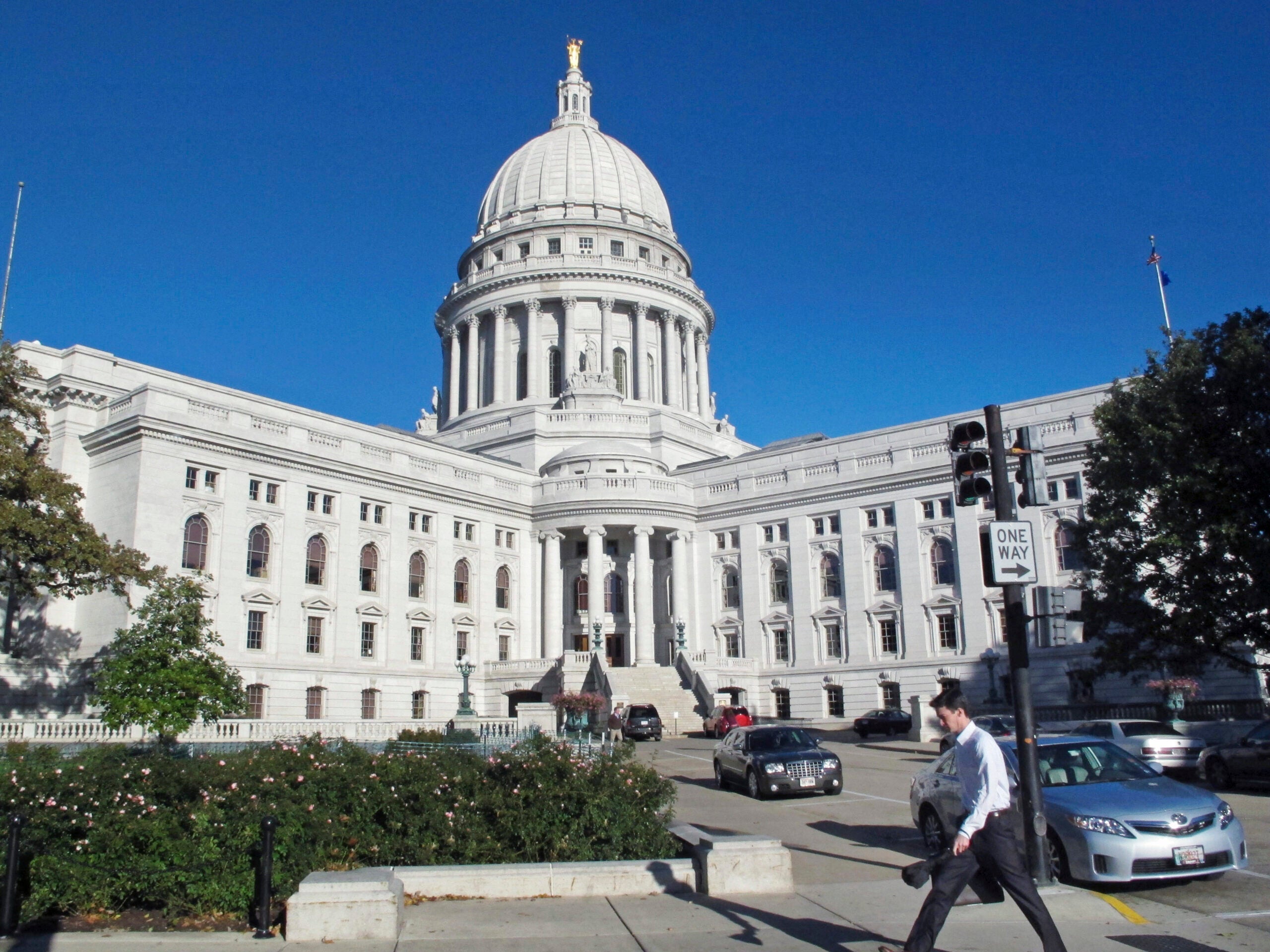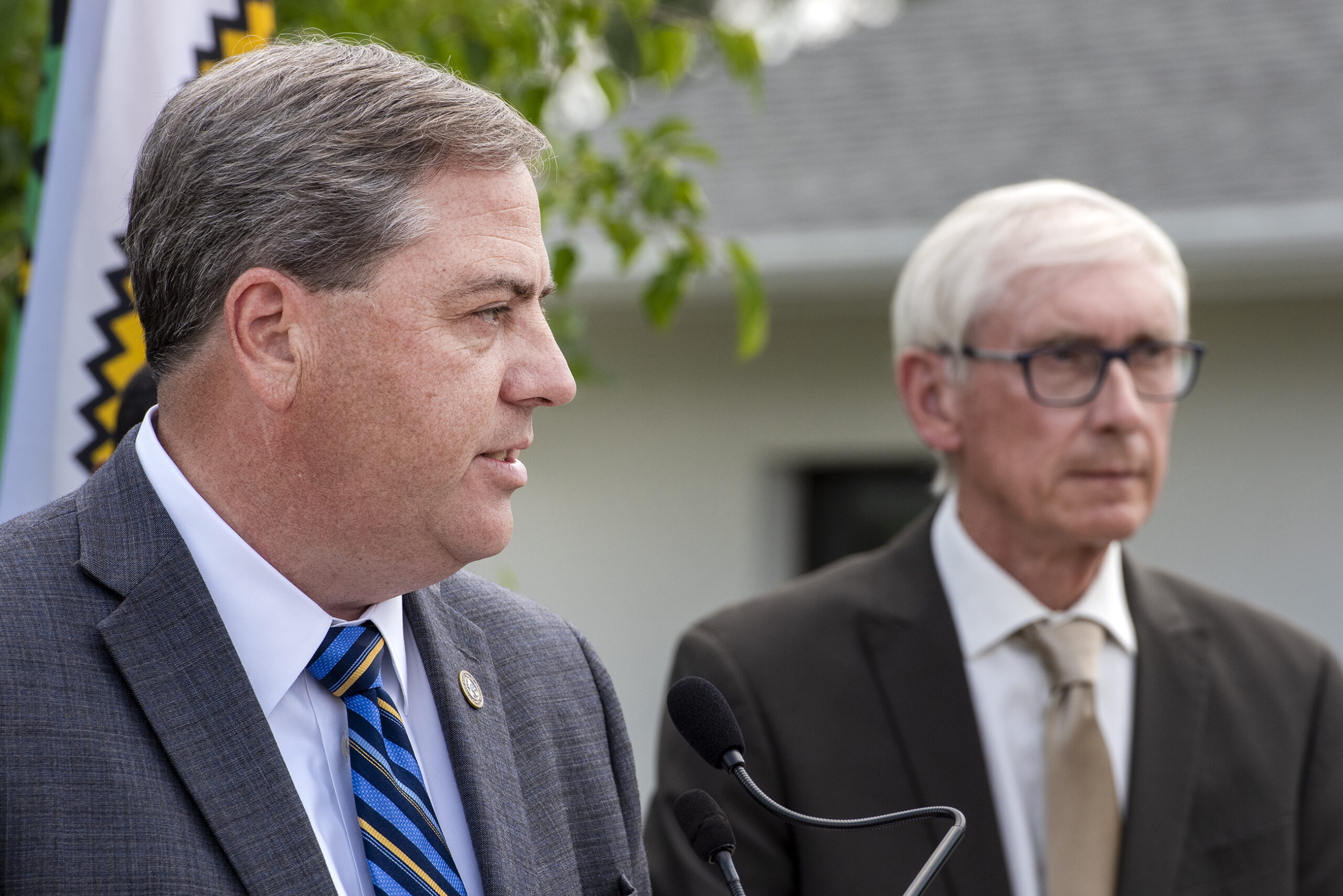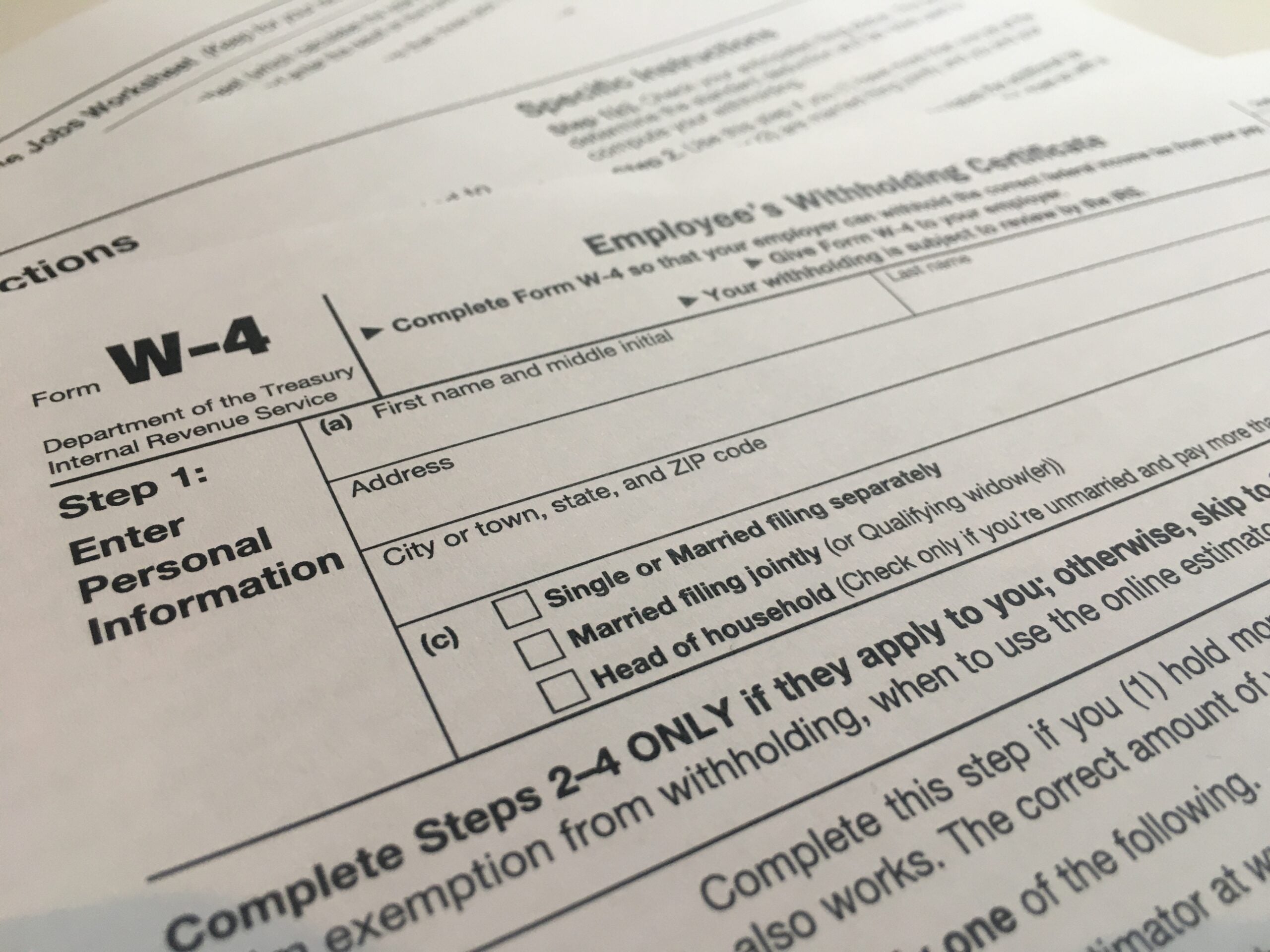A new report shows Wisconsin’s wealthiest residents would benefit the most from the flat tax proposed by Assembly Republicans, with nearly a fifth of the tax cut going to people who make at least $1 million a year.
The analysis by the legislature’s nonpartisan budget office shows that once the plan is fully phased in, people who earn $1 million or more a year would receive roughly 19 percent of the tax cut, even though they’d make up just 0.2 percent of all income tax filers in Wisconsin. Their average tax cut would be about $79,000 by 2029, a reduction of nearly 49 percent.
The proposal by Rep. Dale Kooyenga, R-Brookfield, would phase out Wisconsin’s progressive income tax, where wealthier filers pay more. It would replace it with a flat tax of about 3.95 percent for everyone, regardless of how much they earn.
Stay informed on the latest news
Sign up for WPR’s email newsletter.
That’s why wealthier residents would benefit the most under the proposal. Right now, someone who earns $253,760 or more in Wisconsin pays a tax rate of 7.65 percent, meaning the Assembly Republican plan would cut their tax rate by almost half.
Once it’s fully operational, the income tax cut would reduce revenues to the state by almost $2.8 billion per year. People who make $1 million or more per year would account for $519 million of that reduction.
Looked at more broadly, people who earn $300,000 or more would see an overall tax cut of more than $1 billion per year, or nearly 37 percent of the total.
While Kooyenga’s plan would cut taxes for more than 1.9 million filers by 2029, a smaller number of people would see their taxes go up. That’s because the plan would also eliminate a variety of tax credits to simplify the tax code, including the working families credit, the married couple credit and a tax credit for property taxpayers and renters.
According to the Legislative Fiscal Bureau, about 340,000 people would see a tax increase under the GOP plan by 2029. The vast majority of them — roughly 86 percent — would be people who earn $40,000 per year or less.
Wisconsin Public Radio, © Copyright 2025, Board of Regents of the University of Wisconsin System and Wisconsin Educational Communications Board.





